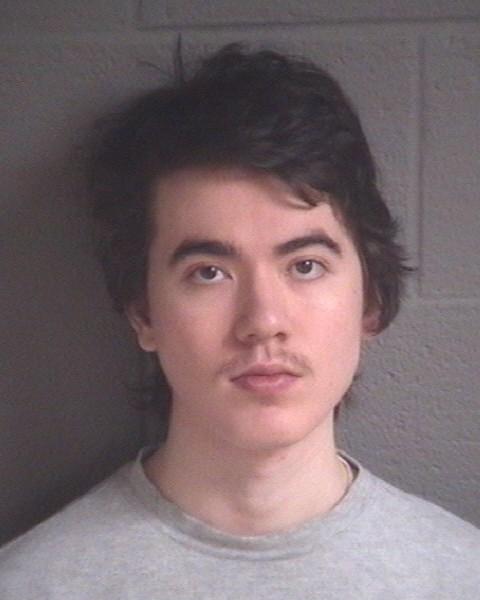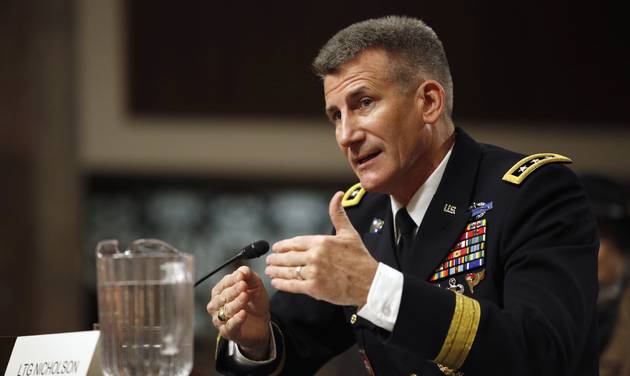What we know: World Health Organization declares global emergency over Zika virus
By Cesar Mills Feb 02, 2016On Monday, the World Health Organization declared the spread of Zika virus an worldwide public health emergency.
Originally from Africa, Zika spread to Asia and was first registered in Brazil in the middle of a year ago, spreading like wildfire through the northeast thanks in part to the region's widespread poverty, equatorial heat and chronic infestations of the Aedes aegypti mosquito, which also spreads dengue fever and chikungunya.
Since December 16, when the first case of the mosquito-borne virus was detected, there have been 3,649 cases of people infected with the virus, said Health Minister Yolani Batres.
Garin said the public must keep in mind the 4S against Zika virus, which stands for Search and destroy mosquito breeding places; use Self-protection measures; Seek early consultation for fever lasting more than two days; and Say yes to fogging when there is an impending outbreak.
This is to note that in 2014, a global public health emergency like this was declared by United Nations in regard with Ebola outbreak in West Africa.
Medical officials have not yet established the relationship between Zika virus infection and birth deformities and neurological syndromes, but say it's strongly suspected.
Currently, more than 2,100 pregnant women have been affected with the virus in the country.
New South Wales Health has confirmed a woman and a man in Sydney were infected with Zika virus after travelling to Central America. They said there was no risk to athletes and spectators, except pregnant women, at the August event.
Cezar also warns that more than 220,000 other health workers could later join them in a nationwide stoppage. The virus has been linked to birth defects.
The health department said the residents had mild cases of the virus and have since recovered.
In Brazil there have been some 4,000 cases of the condition reported since October.
The World Health Organisation says that it expects three to four million cases in the Zika pandemic.
"For situations like this, you have to essentially have a "no regrets" policy", he said.
In particular, this is an opportunity for expertise to be shared across the globe, for research money to be directed to diagnostics and vaccine development and for an increase in global aid money required to control mosquito populations in some of the poorer affected countries. "Maybe this will be a false alarm when more information is available months later, but it's serious enough on the evidence we have right now that we have to act".
John Scott is 'more than welcome to be here,' says Bettman
If he scores a goal, he says he plans a special goal celebration. "It's about the whole year, spending it with the guys", he said. The only person in the building who expends less energy than the players is the off-ice official charged with counting hits.
You may also like...
-
Advertisement
-
Leadership
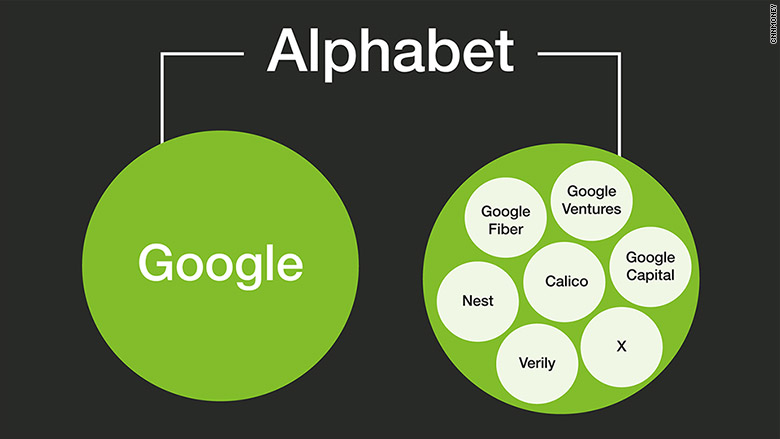 Alphabet by the Numbers - Q4 2015 Earnings Report
Alphabet by the Numbers - Q4 2015 Earnings Report
Feb 02, 2016
Of those figures, the original Google business, one of multiple units within the company, accounted for 99 percent of revenue. The company said its " other bets " category had revenue of $448 million and a loss of $3.6 billion.Meet Sloan: A 14-Month-Old Snowboarder
Feb 02, 2016
The Hendersons said they bought the smallest available snowboard, but it still wasn't quite tiny enough for the budding boarder. Both of Sloan's parents are snowboarders and agreed they would teach Sloan how to snowboard as soon as she was able to walk. Arbaaz Khan Slams Divorce Rumours With Dubsmash Video
Arbaaz Khan Slams Divorce Rumours With Dubsmash Video
Feb 02, 2016
But recent episodes have seen Arbaaz Khan showing up for the hosting duty alone with Malaika Arora was nowhere in sight. After, Katrina and Ranbir, Farhan and Adhuna Akhtar's split, another couple has joined in this splitting list.Va Tech students get lawyers as police probe teen's death
Feb 02, 2016
Two Virginia Tech students have been arrested in relation to the abduction and murder of 13-year-old Blacksburg resident Nicole M. She told Judge Robert Viar (VY'-ur) Jr. that she understood the charges against her and had retained counsel, attorney Kris Olin.Vanessa Hudgens Dedicates "Grease"
Feb 02, 2016
Grease, a three-hour broadcast that starred Julianne Hough, Vanessa Hudgens and Aaron Tveit, easily gave Fox a nightly win. The star took to Twitter to share the news and announce that she'll be dedicating her performance to him.Chechen leader posts video of opposition in crosshairs
Feb 02, 2016
Kadyrov's private militia has been accused of widespread abuses, including torture and assassination. Putin praised Kadyrov as an effective leader, the Interfax news service reported last week. TV cash scramble pushes Premier League spending past £1bn
TV cash scramble pushes Premier League spending past £1bn
Feb 02, 2016
It has been a quiet start to "deadline day" in England, but the Premier League has already broken spending records this season. Arsenal, Chelsea and Liverpool have made low-key additions, while United and City have done no business of note. Forza Motorsport 6 Porsche Add-On Details Leak
Forza Motorsport 6 Porsche Add-On Details Leak
Feb 02, 2016
Forza Motorsport 6 is to receive a major "Porsche Expansion" next month, according to a leaked listing on Amazon US . Aside from the events and the new cars, there will be new Porsche exclusive modifications and badges. UBS just posted its best profit since 2010
UBS just posted its best profit since 2010
Feb 02, 2016
Be proactive - Use the "Flag as Inappropriate" link at the upper right corner of each comment to let us know of abusive posts. Share with Us - We'd love to hear eyewitness accounts, the history behind an article, and smart, constructive criticism.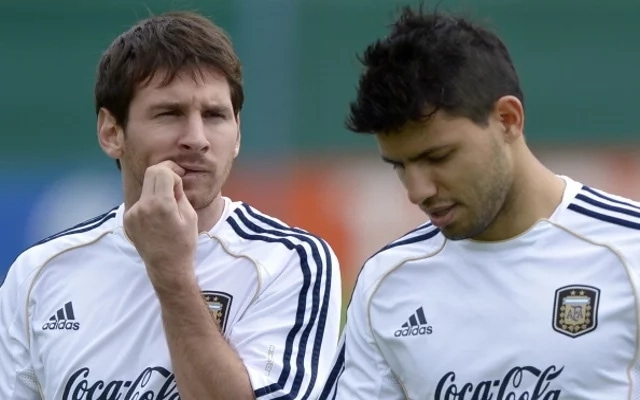 No home comforts for Manchester City as West Ham aim for double
No home comforts for Manchester City as West Ham aim for double
Feb 02, 2016
Manchester City on the other hand, ran riot against Crystal Palace, with Sergio Agüero netting a brace. But City boss Pellegrini insisted: "I don't think our team is just Sergio Aguero". -
-
The Latest
-
 Alicia Guzman | Apr 05, 2016
Alicia Guzman | Apr 05, 2016
- Alicia Guzman | Apr 05, 2016
- Alicia Guzman | Apr 05, 2016
-
 Alicia Guzman | Apr 05, 2016
Alicia Guzman | Apr 05, 2016
Trump sounds off on abortion; criticism comes from all sides
-
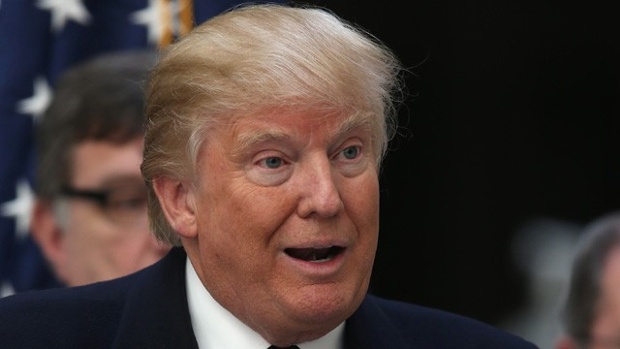 Alicia Guzman | Apr 05, 2016
Alicia Guzman | Apr 05, 2016
-
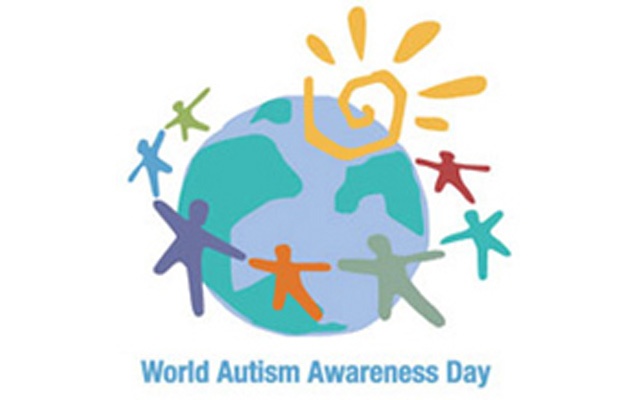 Alicia Guzman | Apr 05, 2016
Alicia Guzman | Apr 05, 2016
CDC: Autism rate among children levels off for first time since 2002
-
-
-
Cesar Mills | April 04, 2016
Autopsy finds strangulation marks on Pratyusha's neck, last rites held
- Cesar Mills | April 04, 2016
-
Cesar Mills | April 04, 2016
-
- Cesar Mills | April 04, 2016
- Cesar Mills | April 04, 2016
Top Tags
Copyright © 2016 financialspots.com - Financial Spots | All Rights Reserved


